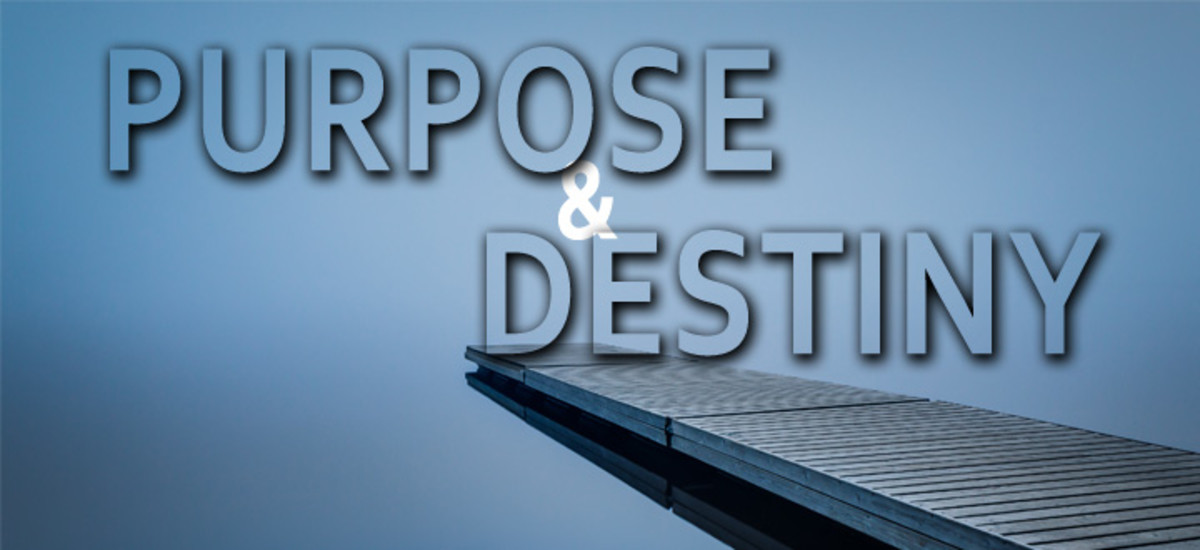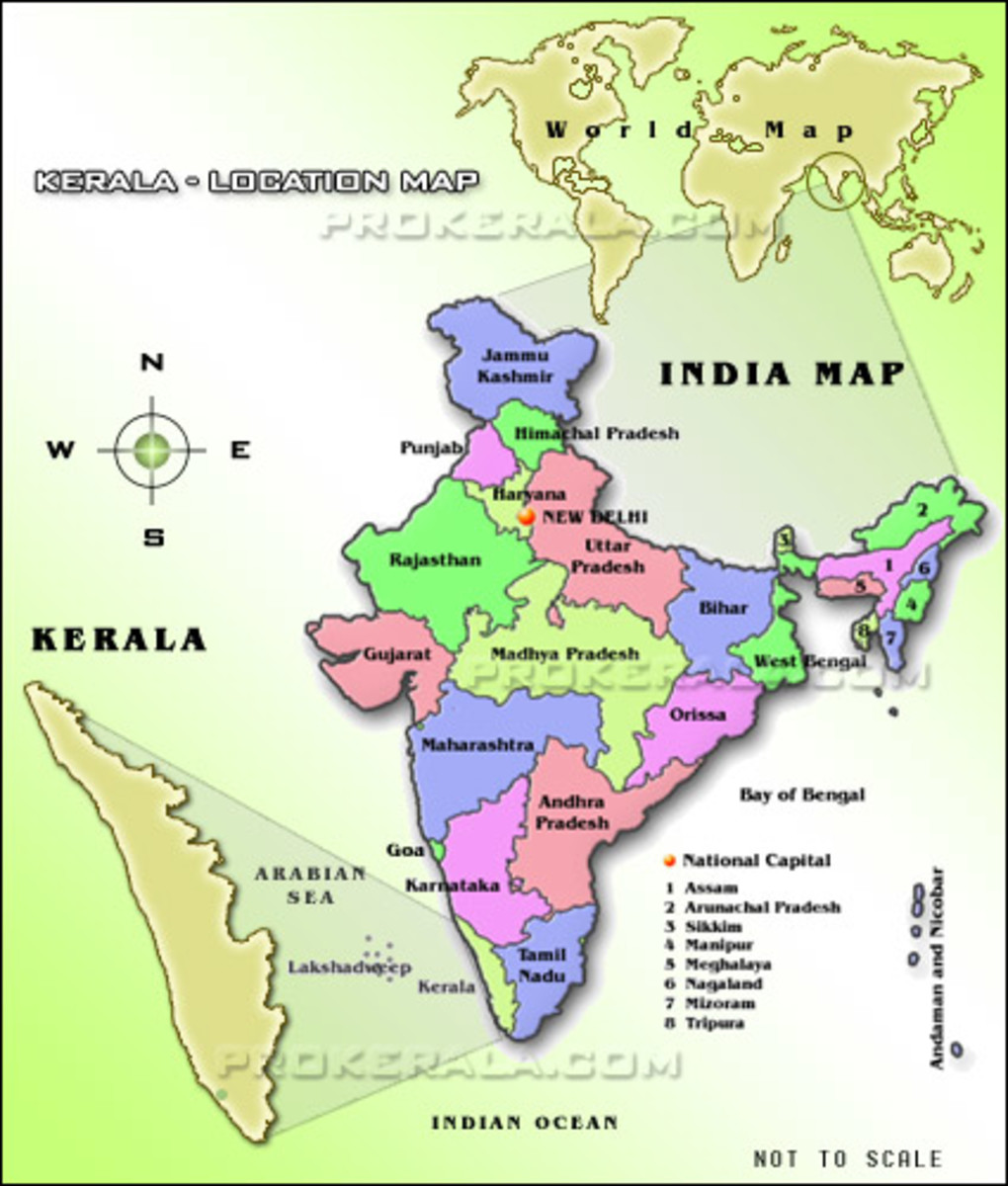An Anti-self-help Self-help Series ~ Why Do We hurt?
Why Do We Hurt?
I think it's just about always advantageous to pause, step back, and scan the big picture we're all in the midst of - even to the point of considering the movement of history that we're being carried along by. It doesn't seem unreasonable to me to identify our time as 'the age of self-help hysteria'. By the 1940s the modern era was sweeping Americans along a course away from agricultural village life, through industrial city life, toward the service-oriented suburban life . . . and the general public's disposition was shifting from a motivating sense of responsibility, through an oppressive sense of despair, toward a privileged sense of self-identity. Working your own farm or in a small business to improve your condition called men to be responsible, working alongside a mass of co-workers for a boss you don't know just to survive weighed down men with despair, working half the day and living without want provided the leisure that sponsored introspective pondering.
There have always been philosophers, poets, those seeking some manner of truth behind the necessary business of life. In the 40s the Rockwell/Capra generation both promoted and questioned the soundness of American dream, in the 50s the Ginsberg/Bruce generation challenged the very propriety of the American dream, and by the 60s the Altizer/Perls generation redesigned the American dream into a personal journey of self-discovery . . . our generation today is still trying to find it's footing living in a culture constructed on principles and for a purpose that that is now only a memory, but that is adamant that we should feel fulfilled and be happy in our living.

As I said, there have always been philosophers and poets scratching around ideas of self and purpose, but the leisure-defined culture and explosion of popular art stirred the public in general to give attention to their sense of happiness and success with their lives that previous generations simply didn't have time to, or recognized an urgency to, give their attention to. This circumstance, I believe, instigates two classes of troubled people; firstly, there are many who have a somewhat settled core, who are reasonably sound in their sense of themselves, yet struggle to find sure-footing in a culture now operating differently than it was designed to, or long presented itself to, operate. These people are not troubled so much by inner turmoil regarding identity and purpose, etc, but wrestle with how they fit in and function in a volatile culture. Secondly, there are many who take-up the question of identity and purpose and are distressed by matters of finding, or just getting, the happiness and success they count to be the aim of life.
The first group, I believe, has always existed. Men, individually, have always struggled to fully and contentedly participate in his world . . . to these folks, that's kind of what life is, you do good work, try to improve your condition, and make the most of your circumstances. You enjoy what there is to enjoy and you deal as best as you can with those things that would hinder your contentment. The second group, I believe, presents a new class of citizen, a population convinced that life is all about being content, persuaded that they deserve to be happy, that the common struggle of participation in a diverse and changing culture is a personal assault on them. The difference between these two groups can be portrayed in the help they seek; the first group, the group that has always been part of the human condition, might want to buy a book or listen to a lecture on 'how to move a large imbedded rock so you can increase the size of your cornfield and improve the yield of your harvest ' - the second group, the group that has newly come about by the popularization of introspective searching for self, might want to buy a book or listen to a lecture on 'how to move emotional mountains so you can unleash the special you to accomplish all your dreams'.

Whereas questions of self and purpose were the subject of philosophers and poets in generations past, today everyone is provoked to discover their own personal truth and purpose, with the ultimate goal firmly established in the question - personal fulfillment and happiness. But, here is the trouble for modern man; the same historic trend that relocated these grand philosophic questions from the philosophers and poets to the 14 year old teenage girl and the 53 year old retail clerk, at the same time stripped the culture of any sound philosophic foundation . . . people today struggle with 'finding themselves' and 'living their best life now' at a time and in a place that has discarded the significance of truth for an interest in feeling happy, has replaced critical thinking with an appetite for sensation, has abandoned focused authenticity for emotive jargon.
And so, this is the first in a series of anti-self-help self-help hubs. The first thing everyone says to a writer is, write what you know - I am a happy, contented, successful man. But, let me establish the backdrop here; my father abandoned us when I was weeks old and so I never knew my father, we never lived in the same place more than a year or two so I was always 'the new kid' growing up, my clothes were made fun of at school and the electricity was shut-off from time to time at home, I did drugs (LSD, cocaine, etc) for about 3 years in my teens, and I virtually stopped participating in school in the 7th grade and stopped going altogether by the 10th grade - and now let me repeat, I am a happy, contented, successful man. Happily following the advice to all writers, I am going to write what I know . . . I hope you'll follow along with the upcoming entries in this series.
~~~~~~~~~~~~~~~~~~~~~~~~~~~~~~~~~~~~~~~~~~~~~~~~~~~~~~~~~~~

An Anti-self-help Self-help Series ~
"Believing You can Fly (I mean, accomplish & serve)"
"Recognizing The Reality Of The Circumstance Of Your Life"
"What Do You Believe In?"
~~~~~~~~~~~~~~~~~~~~~~~~~~~~~~~~~~~~~~~~~~~~~~~~~~~~~~~~
- Regular, Normal Christianity
I believe many folks are turned off, not by authentic Christianity, but by the too often ugly, discordant, and silly religion some have concocted and falsely labeled "Christianity" - The Christian & Private Study - A 'How To' Guide
You don't have to be a scholar to study Scripture effectively and you don't have to be intimidated because of unfamiliar terms and references - there are essential things you can know and aids to use that will make your own private study fruitful.
LOGISMOS
1. "The Seasons"
2. "Why Do We Write?"
Most Recent ~
"A Found Man"
"The Consequence Of Christmas"
"Contemplating Christmas"
And a Hubnugget Award winner ~
"Regular, Normal Christianity ~ The Premise And Definitions"








